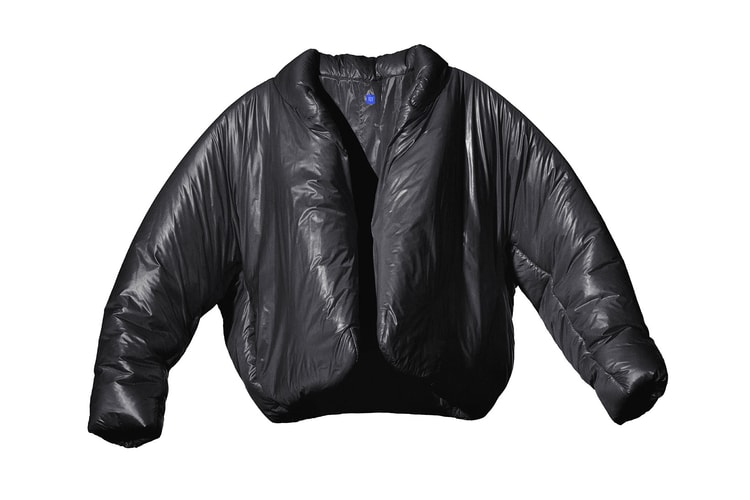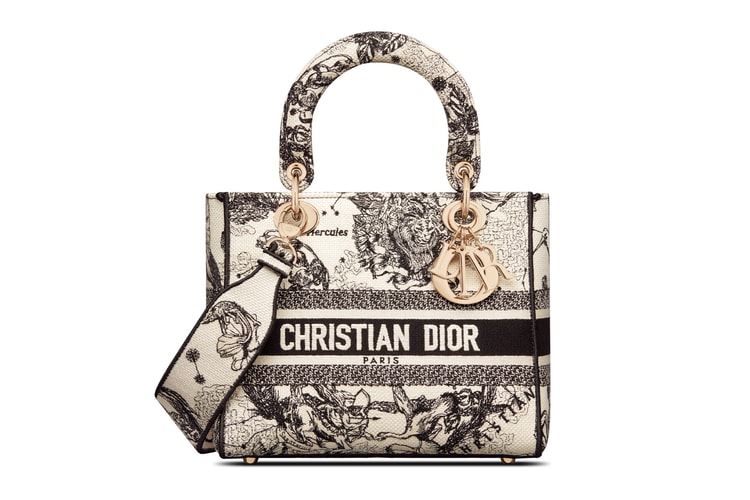
'Vogue' Faces Backlash for Not Acknowledging Filipino "Basahan" Design In Latest Feature
“When a white person does the same thing, you applaud them and perpetuate this white savior narrative.”
Last week, Vogue featured New York-based furniture designer Elise McMahon and textile artist Francesca Capone’s sustainable T-shirt project spotlighting handmade looms. However, after the article’s release, Filipino-American Why don’t you give that a little more light?” Gonzales addresses took to Instagram to call out the publication for not shedding light on the fact that the design resembles the “basahan,” which translates to “rag” in English.
“The ‘basahan’ has been around for generations in the Philippines. Why don’t you give that a little more light?” Gonzales addresses Vogue Runway. “Our people have inherently been sustainable. We just haven’t been labeled as such. But when a white person does the same thing, you applaud them and perpetuate this white savior narrative while demonizing other countries who are, in the end, having to answer for our country’s waste,” he adds.
The MERCADO VICENTE founder also includes screenshots of the “basahan” in the Philippines that are traditionally used as wiping cloths or doormats. In another post, Gonzales says: “Why am I still on this and so f*cking pissed? Because I’ve worked with these two creatives on trying to get press coverage for their work from the likes of @voguerunway and heard nothing — yet here we are seeing this small studio owned by a white woman get all this glory and praise for something our people have had for generations.”
Since the release of Gonzales’ post, McMahon issued a statement to Cheap Novogas Jordan Outlet, saying: “I fully acknowledge that the original Vogue article fell short of recognizing these craftspeople’s long standing efforts managing waste streams, a practice that I strongly believe is important to honor and should have been included in the article from the beginning.” She added: “So much of America’s waste is sent to the global south, only to further global inequities. I believe it is my responsibility as an American designer to address our complicity in the problem through local action.”
The Creative Come Up interview, Gonzales comments: “I’m not placing the sole blame on McMahon and Capone here. Because if the last two years have taught us anything, it’s that the entire system needs to be changed.” McMahon further explained that the original craft inspiration behind the project, as mentioned in the Vogue article, is the potholder loom, which is a long-standing tool in American history. “Upon learning about ‘basahan’ weaving, I connected with a Filipino ‘basahan’ expert living and started working directly with ‘basahan’ weavers in the Philippines, who noted that while both methods use T-shirt waste to produce woven textiles and therefore look similar, the techniques themselves are different. I am actively working with outside collaborators and advisors to identify tangible ways my business can thoughtfully prioritize equity and transparency in all current and future projects.”
Vogue has not released an official statement regarding the issue. However, it seems to have edited its story with the mention of the Philippines in its feature: “There is a long, global precedent for creative approaches to upcycling discarded garments through weaving: In the Philippines, for example, discarded textiles are woven into doormats known as ‘basahan’ that are found in most homes.”
View this post on Instagram
View this post on Instagram
View this post on Instagram
View this post on Instagram



















